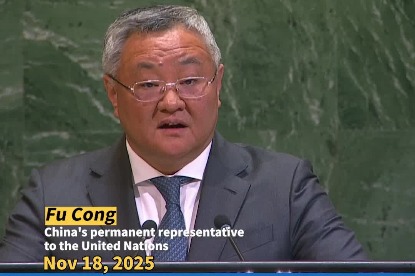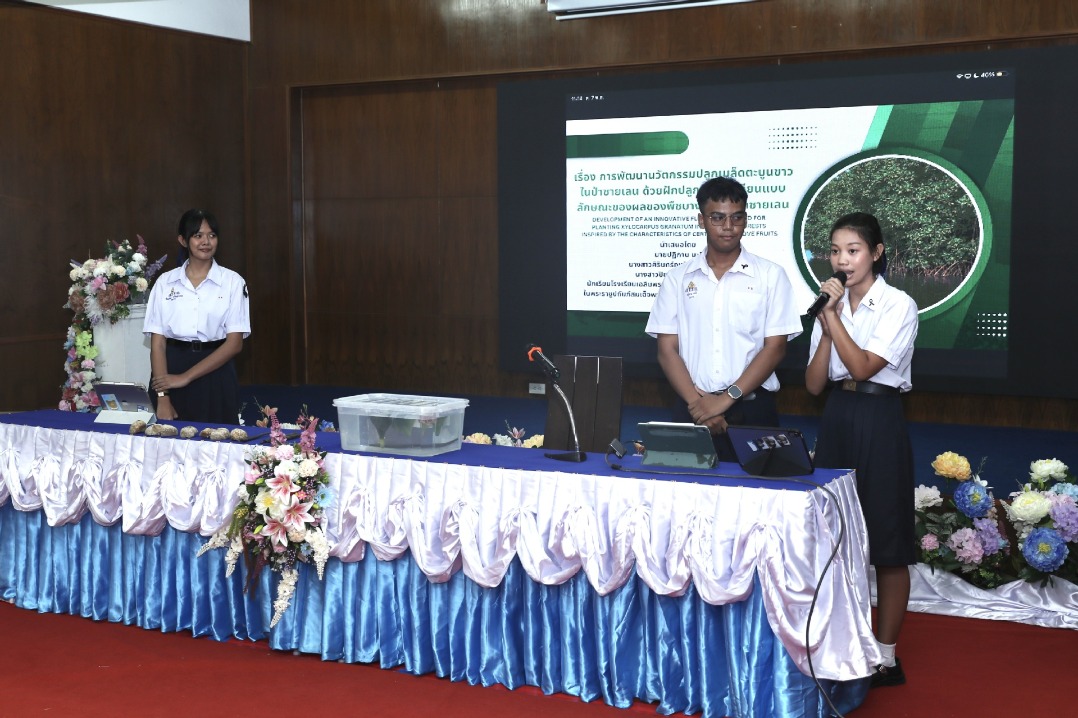Global Governance Initiative heralds new era for China-Africa cooperation


This year marks the 25th anniversary of the founding of the Forum on China-Africa Cooperation. It heralds a new stage for the dynamic partnership, and it marks the transition from solely focusing on financial capital to a more comprehensive exchange of human, technological and trade capital. It's a step toward a future propelled by the powerful trio of trade, technology and training.
As an Ethiopian development economist who has monitored China's transformative journey over the past few decades, I have closely watched its development of thriving tech hubs and innovative smart farms.
The evolving China-Africa cooperation is far more complex than a simple lender-borrower relationship — it's about equipping Africa with the fundamental capabilities to generate its own wealth while creating a better environment for Chinese businesses in Africa.
Moving beyond raw material exports is a pivotal step toward sustainable development for Africa.
For example, Ethiopia's 10-Year Development Plan has set ambitious goals to raise chicken meat production from 48,000 metric tons to 106,000 tons and significantly increase egg and poultry output by 2030. Initiatives such as the Livestock and Fisheries Sector Development Project and Dine for Ethiopia have been implemented. The Dine for Ethiopia program boosted chicken production by distributing over 5.7 million day-old chicks and training more than 36,000 model farmers.
However, with a growing supply gap, technological advancements are needed. The automated, artificial intelligence-driven poultry farms in China's Shandong province offer a technological leap that can transform Africa from an import-dependent region into a regional export hub, generating foreign exchange. This transformation would mirror historical economic restructurings that have turned primary-commodity-based economies into diversified, value-added ones.
Technology-driven urbanization and infrastructure development are hallmarks of progress. Shenzhen in China's Guangdong province and Hangzhou in Zhejiang province are prime examples of technology-enabled urbanization.
Shenzhen's smart city systems, leveraging AI and big data, have reduced traffic congestion by about 25 percent and support the world's largest electric bus fleet, cutting carbon emissions by over 1.35 million tons annually. Hangzhou's City Brain platform has decreased congestion by around 15 percent since 2016 through optimized traffic signals and emergency response.
Some African countries can learn from China's urbanization development experience. The urbanization-driven special economic zones in Africa need to evolve from low-cost labor enclaves into integrated innovation districts. The proposed Sino-African smart industrial parks, featuring 5G, the internet of things and green energy, are a direct application of this concept. In agriculture, AI-driven solutions can also bridge productivity gaps.
Adopting such technologies is an investment in building a more resilient economy capable of handling financial obligations, similar to the infrastructure-led growth models of developed nations.
Strategic investment in human capital is essential. Without the right expertise, financing and technology are ineffective. My learning experience in China is a testament to this. China's commitment to training 60,000 African professionals is one cornerstone of the Forum on China-Africa Cooperation Beijing Action Plan (2025-27).
The focus of training should be on high-impact areas such as special economic zone management, AI specialization and renewable energy engineering. Relevant training programs play a crucial role in training the next generation of policymakers who understand both African challenges and development models. It creates a virtuous cycle: Chinese training enhances African capabilities, leading to more successful projects and sustainable debt servicing. The emphasis on building knowledge-based economies is how countries such as Germany and Australia have maintained their competitive edges.
The outcomes of FOCAC offer a mature, forward-looking vision incorporating these timeless development principles. By basing cooperation on a "3T" framework — enhancing trade for economic restructuring, transferring technology for infrastructure leapfrogging, and investing in training for human capital — China and Africa are forging a relationship founded on mutual prosperity and respect.
This new era of cooperation also finds resonance in China's Global Governance Initiative, proposed by President Xi Jinping at the "Shanghai Cooperation Organization Plus" Meeting in Tianjin, which concluded in early September. The initiative aims to fortify the international system by promoting fairness, equality and cooperation among states. In the context of China-Africa relations, the Global Governance Initiative provides an overarching framework that aligns with the spirit of FOCAC. It encourages a more inclusive global economic order in which China-Africa cooperation based on the 3T framework can thrive.
Under a series of global initiatives, China-Africa trade can be further enhanced in a more equitable environment. African countries can access international markets more smoothly, and China can continue to be a key trading partner, facilitating the economic restructuring process in Africa.
In terms of technology, Africa and China can promote the sharing of technological advancements in a just and collaborative manner. Sino-African smart industrial parks and other technology-transfer initiatives can be better supported in the context of the Global Governance Initiative.
For training, Africa and China can help create more opportunities for African professionals to access international training programs, not just from China but also from other countries willing to cooperate.
This holistic approach, integrating the outcomes of FOCAC with the principles of the Global Governance Initiative and China's other global initiatives, can lead to a more prosperous and sustainable future for Africa-China cooperation, contributing to a more just and stable global order.
The author is a PhD student at Peking University, ex-state minister of planning and development of Ethiopia, and vice-chairman and Africa Chapter president of the World Rural Tourism Council.
The views do not necessarily reflect those of China Daily.
































